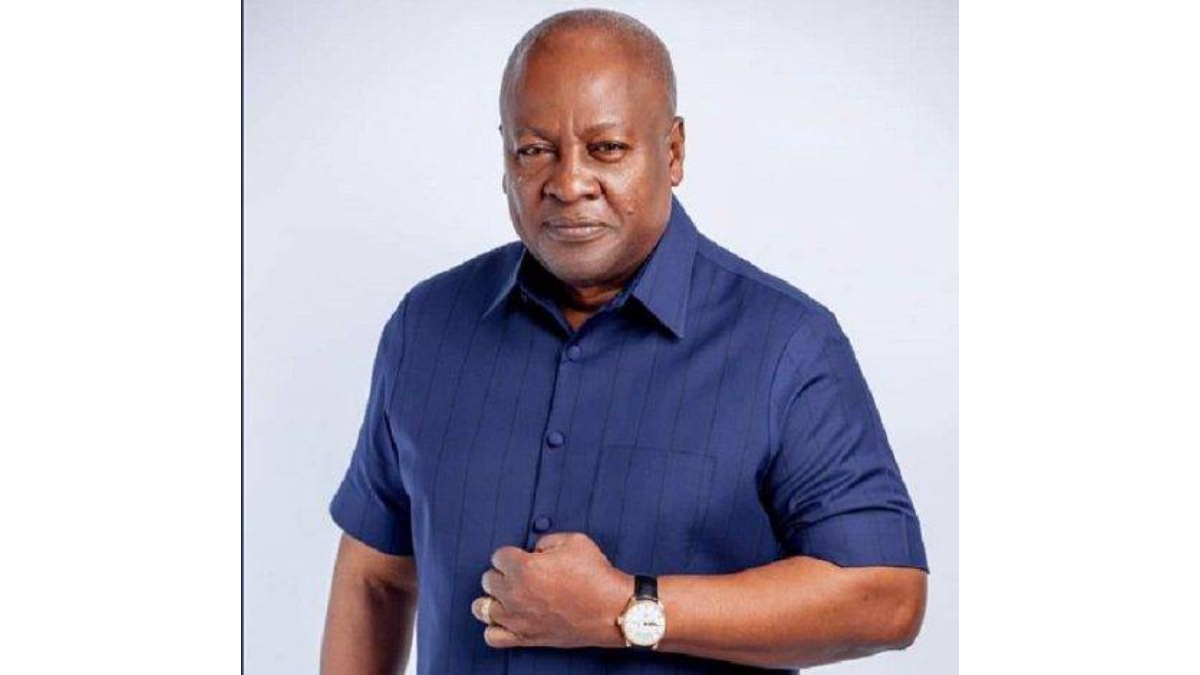Politics
24-Hour Economy Is a Good Idea, But Strategy Must Be Clear – Economist

Economist Dr. Evans Nunoo has expressed support for the 24-hour economy policy, describing it as a solid idea with the potential to create jobs and drive economic growth—but says its success depends on clear planning and practical implementation.
Dr. Nunoo broke down the key benefits Ghana could gain from a round-the-clock economy, including increased employment opportunities, improved productivity, and broader economic development in an interview on Starr FM.
“No matter how you look at it, the idea behind the 24-hour economy in terms of job creation, in terms of economic growth, in terms of economic development… it’s there,” he explained.
“But we also need incentive packages for night workers, infrastructure, security — all those things must come together.”
He stressed that while the intentions behind the policy are right, what’s lacking is a well-defined rollout strategy.
Read Also: Kofi Jumah, Former GIHOC Distilleries Boss Arrested
According to him, the government must outline exactly how it plans to implement the policy if it’s to be taken seriously and executed successfully.
“The intention is correct, but the processes and the implementation strategy has not been too clear,” he said.
As a starting point, Dr. Nunoo recommended that Ghana build on sectors that already function after-hours, such as the hospitality industry and selected public services like passport offices.
This, he said, could help the country test and fine-tune the system before expanding to other sectors.
“If we are intentionally propelling the 24-hour economy, then we must be strategic and innovative enough, because those that are in the system are quite organic,” he added.
Honestly, I think we need to give the 24-hour economy a fair shot.
Let’s not write it off before we even try. Instead of being overly pessimistic, why not roll it out in phases and see how it goes?
We can start small, observe the impact, and adjust as we move along.
Sometimes, good ideas fail not because they’re bad—but because we overthink and under-act.
Let’s just get started and learn as we go.
source: Liberalprint.com








